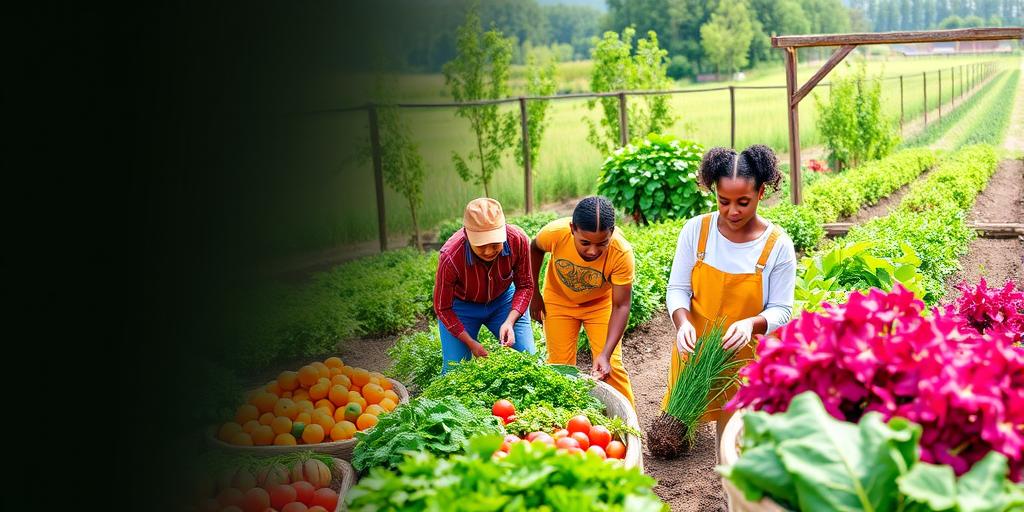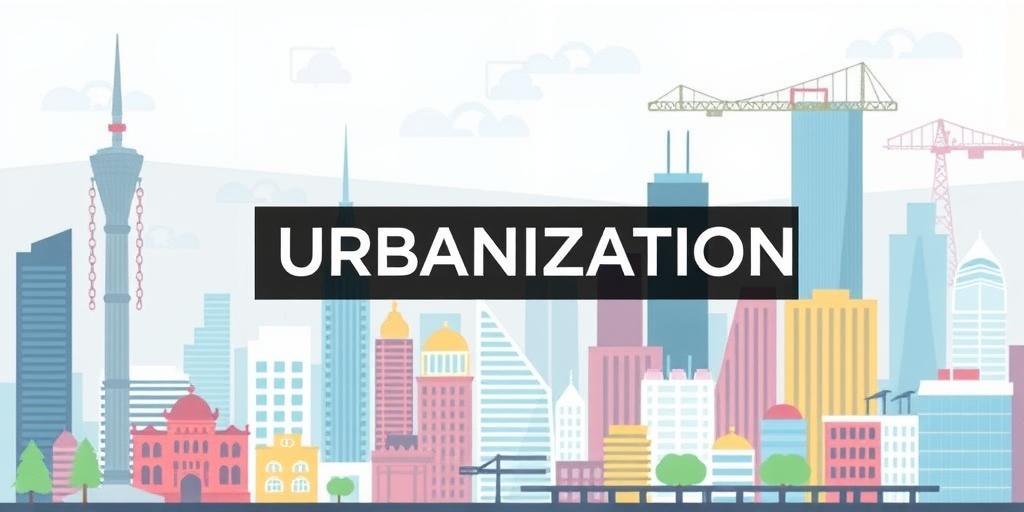Hey everyone! So, you wanna understand the economics of food security? Let's dive in. It's way more interesting than it sounds, I promise. First off, what even is food security? It's not just about having enough food to eat; it's about having consistent access to sufficient, safe, and nutritious food. Sounds simple, right? Wrong! It's a crazy complex web of factors.
Think about it: farming, transportation, processing, retail… it's a whole supply chain thing. And each step has economic implications. Prices fluctuate, weather patterns mess things up, and global events (like, you know, wars) can completely throw things off. Been there, seen that. Remember that time the price of avocados went through the roof? Yeah, that's the kind of stuff we're talking about, but on a much larger, more impactful scale.
One huge aspect is affordability. Let's be real, if food is too expensive, people can't buy it, no matter how much is available. This is where things get tricky. Poverty, income inequality, and government policies all play a role in determining who can afford food and who can't. It's a serious social justice issue.
Then there's the whole sustainability piece. We can't keep doing things the way we have been. Climate change is already impacting food production, and if we don't find sustainable solutions, things are only going to get worse. This means investing in things like efficient farming practices, reducing food waste, and promoting biodiversity. It's a long-term game, but it's essential.
I know, this is wild—but stay with me. There are so many things to consider. We also need to think about the political landscape. Trade agreements, government subsidies, and international aid all have a huge influence on food security. It's a global issue, and it needs global cooperation.
So, what's the takeaway? Understanding the economics of food security is key to solving the problem. It's not just about economics, though. It's about politics, social justice, and environmental sustainability. It's a huge challenge, but if we work together, we can create a world where everyone has access to the food they need. What are your thoughts on this? Have you tried to understand food security economics before? Would love to hear your take!









